Stand-Up in the Digital Age: How Social Media is Changing Comedy
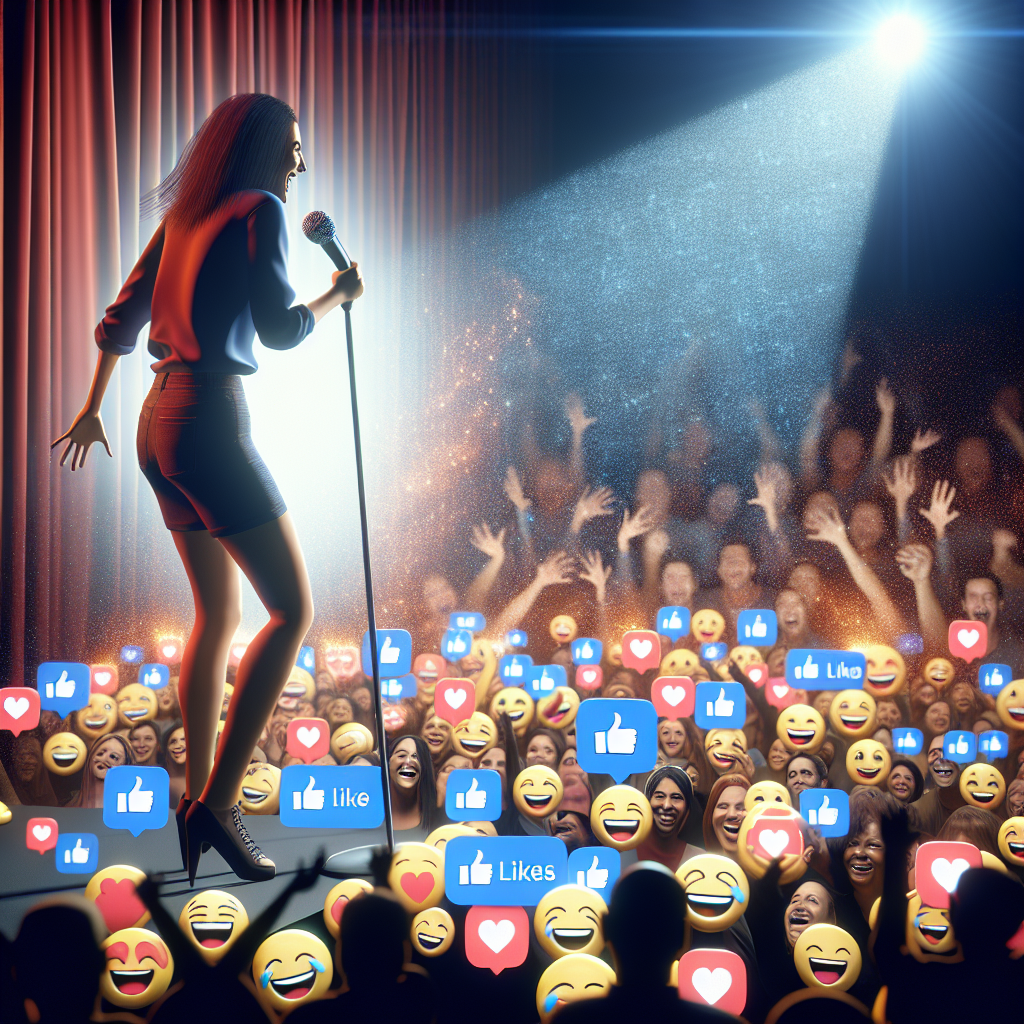
Table of Contents
- Introduction
- The Rise of Social Media in Comedy
- Accessibility and Exposure
- Audience Engagement
- The Changing Dynamics of Stand-Up Comedy
- Short-Form Content
- Content Creation vs. Live Performance
- SEO for Comedians: Ranking in the Digital Stand-Up World
- Keyword Optimization
- Content Consistency
- Investment in Personal Branding
- Authenticity Matters
- Monetizing Content in the Digital Age
- Sponsorships and Collaborations
- Crowdfunding and Fan Support
- The Global Reach of Comedy
- Diverse Perspectives
- Conclusion
- Additional Resources
The landscape of comedy has undergone a seismic shift in the digital age, primarily due to the influence of social media. Stand-up comedy, once confined to comedy clubs, bars, and television, has transformed into a global conversation, thanks to platforms like YouTube, Instagram, TikTok, and Twitter. This article delves into the multifaceted relationship between social media and stand-up comedy, examining how these digital platforms are reshaping the comedic landscape for performers and audiences alike.
Introduction
A comedian’s ability to connect with their audience has always been crucial to their success. In today’s digital age, that connection extends far beyond the brick-and-mortar venues where stand-up has traditionally flourished. Comedians can now reach millions with the click of a button, and platforms like Instagram and TikTok allow them to hone their craft in unique ways. By leveraging these platforms, comics can engage directly with their audience, receive instantaneous feedback, and contribute to the global conversation.
The Rise of Social Media in Comedy
Social media platforms have allowed comedians to share their work widely, and for many, this has resulted in newfound fame. Comedians no longer need to wait for a television network to pick them up. They can create and distribute their content. This democratization of comedy is a double-edged sword; while it offers opportunities, it also intensifies competition.
Accessibility and Exposure
One of the most notable impacts of social media on stand-up is the democratization of exposure. Comedians can now share short clips or memes that capture their humor. These platforms enable aspiring comedians to gain visibility without relying on traditional gatekeepers.
- Viral Content: A moment of brilliance caught on camera can go viral, launching a comedian into stardom overnight. Comedian Sarah Cooper famously utilized TikTok to create humorous lip-syncs of former President Donald Trump, gaining millions of followers and significant media attention.
Audience Engagement
Social media allows comedians to engage with their audiences directly. Platforms facilitate two-way communication, allowing comedians to gather feedback, understand audience preferences, and even tailor their material accordingly.
- Real-Time Feedback: This immediate interaction provides comedians with a pulse on what resonates with their audience. For instance, real-time comments during a live stream can inform a comedian’s performance style and material adjustments in future shows.
The Changing Dynamics of Stand-Up Comedy
In an age dominated by social media platforms, the traditional format of stand-up comedy is evolving. Some of the prominent changes include:
Short-Form Content
The popularity of short-form content on platforms like TikTok and Instagram has affected how comedians craft their routines. Traditional long sets are gradually being adapted to meet the demands of shorter attention spans.
- Brevity is Key: Comedians are now creating quick-witted snippets that capture attention immediately. As a result, mastering the art of a punchline in 30 seconds is becoming a vital skill.
Content Creation vs. Live Performance
As more comedians turn to social media, there is a question of whether content creation will overshadow live performances. While many comedians maintain a balance, the lure of social media can be strong.
- Changing Priorities: Some comics prioritize creating shareable content over live gigs. The risk here is that it may detract from the live stand-up experience.
SEO for Comedians: Ranking in the Digital Stand-Up World
In the digital world, mastering Search Engine Optimization (SEO) is crucial for comedians looking to extend their reach. Understanding these basic principles can help boost visibility and engagement with an audience:
Keyword Optimization
Incorporating relevant keywords naturally in titles and descriptions is essential. Comedians might leverage standard keywords like "stand-up comedy," "comedy specials," or "funny clips" to improve searchability.
Content Consistency
Consistency is vital when it comes to online content. Regular updates can keep the audience engaged and encourage repeated visits to a comedian’s platforms. Whether through weekly stand-up clips, live Q&A sessions, or humorous skits, a robust content calendar can make a significant impact.
Investment in Personal Branding
With the ability to cultivate a personal brand, comedians can shape their personas. This branding cultivates loyalty from audiences, enabling a stronger rapport and higher viewership.
Authenticity Matters
Audiences today gravitate toward authenticity. Comedians who share personal stories or experiences often resonate more with viewers. However, curating this authenticity for social media demands strategic thoughtfulness.
- Storytelling: Many successful comedians weave personal narratives into their routines, creating a connection that translates well on social media platforms.
Monetizing Content in the Digital Age
The digital age offers numerous avenues for comedians to monetize their craft. From brand partnerships to merchandise sales, the potential for income generation is vast:
Sponsorships and Collaborations
Many comedians partner with brands to create content that is both funny and promotional. Through clever integration, these partnerships can be mutually beneficial.
Crowdfunding and Fan Support
Platforms like Patreon allow comedians to monetize their content through fan subscriptions. This allows performers to earn income while also giving fans a behind-the-scenes look at their creative processes.
The Global Reach of Comedy
The true power of social media lies in its ability to break geographical barriers. Comedians can gain international followers, opening up opportunities for worldwide performances and collaborations.
Diverse Perspectives
Social media allows comedians from different backgrounds and cultures to share their unique perspectives. This diversity enriches the comedic landscape and fosters understanding across diverse audiences.
Conclusion
The intersection of stand-up comedy and social media has transformed the comedy landscape. With unprecedented opportunities for exposure, engagement, and monetization, comedians must adapt to an ever-evolving environment. As the digital age continues to progress, the world of comedy will undoubtedly continue to reflect these changes.
Understanding how to navigate this landscape effectively can empower comedians to thrive in their careers. Embracing new techniques, prioritizing engagement, and preserving the essence of what makes comedy relatable and enjoyable are vital steps toward success.
Additional Resources
For further insights into navigating the digital landscape as a comedian, consider reading our articles on Optimizing Your Online Presence and Building Stronger Fan Connections.
As the digital age continues to redefine stand-up comedy, comedians who embrace innovation while maintaining their unique voice will undoubtedly carve out a space for themselves in the hearts of global audiences.
Latest Posts
You Might Also Like

Lorem ipsum dolor sit amet, consectetur adipiscing elit. Ut elit tellus, luctus nec ullamcorper mattis, pulvinar dapibus leo.
TOP NEWS
Copyright © 2025 FunnyShowStreaming.site | All rights reserved.
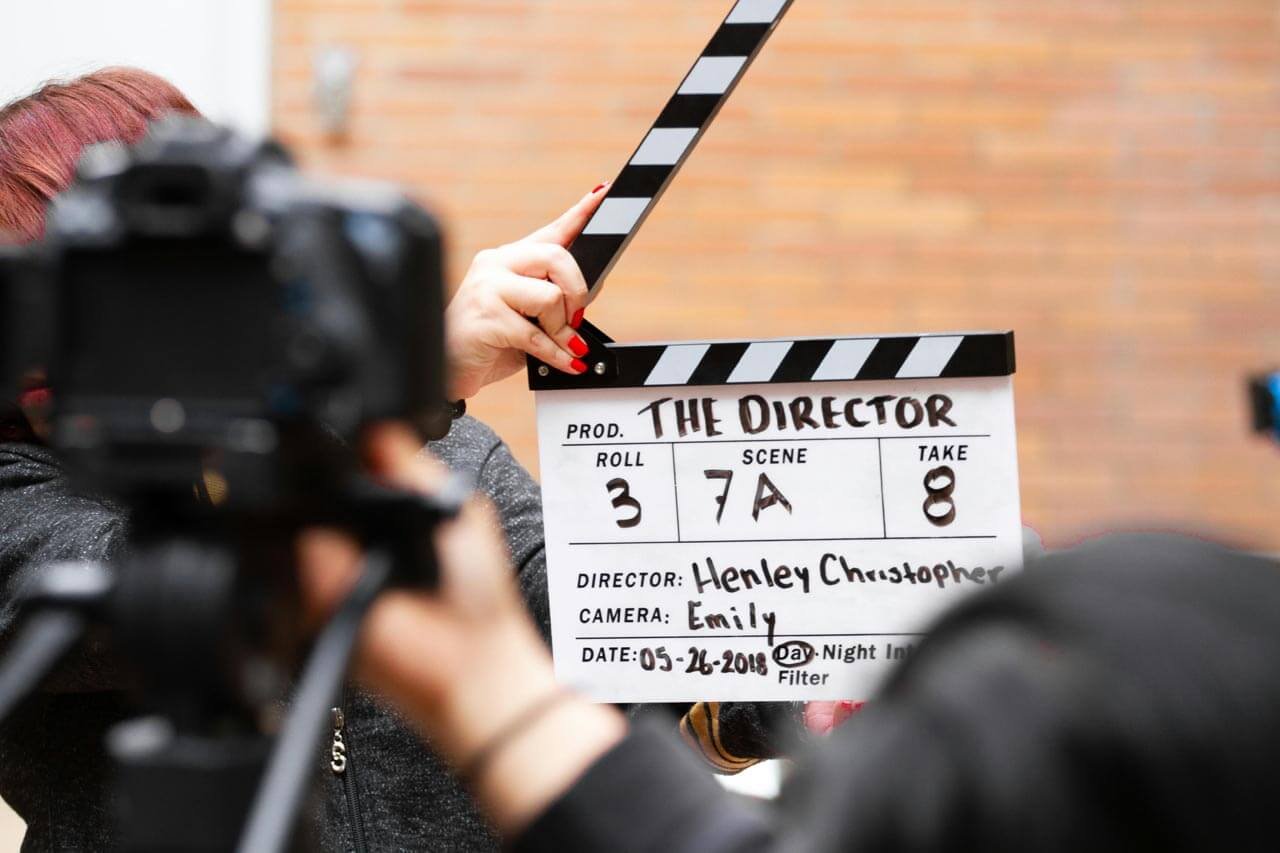




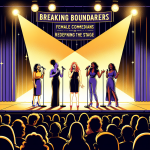
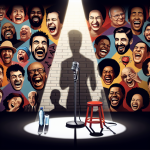





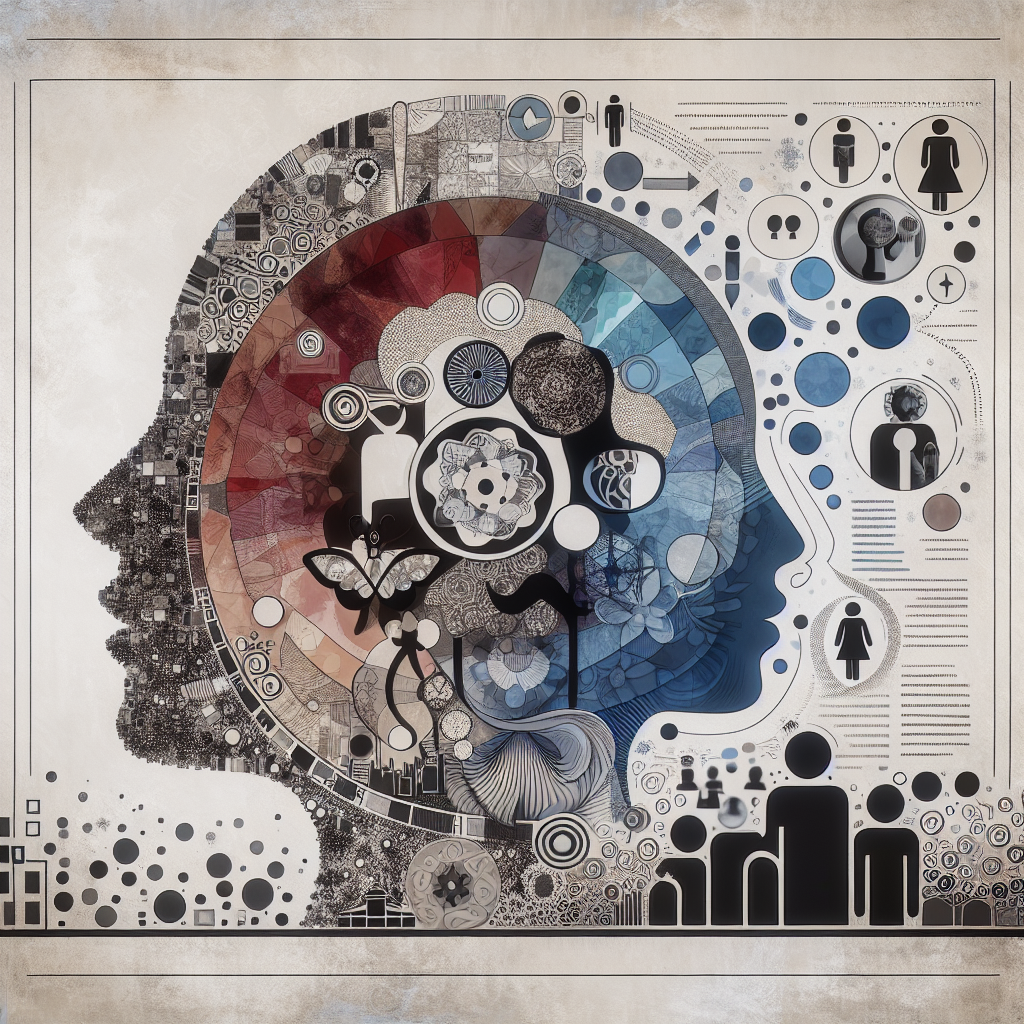

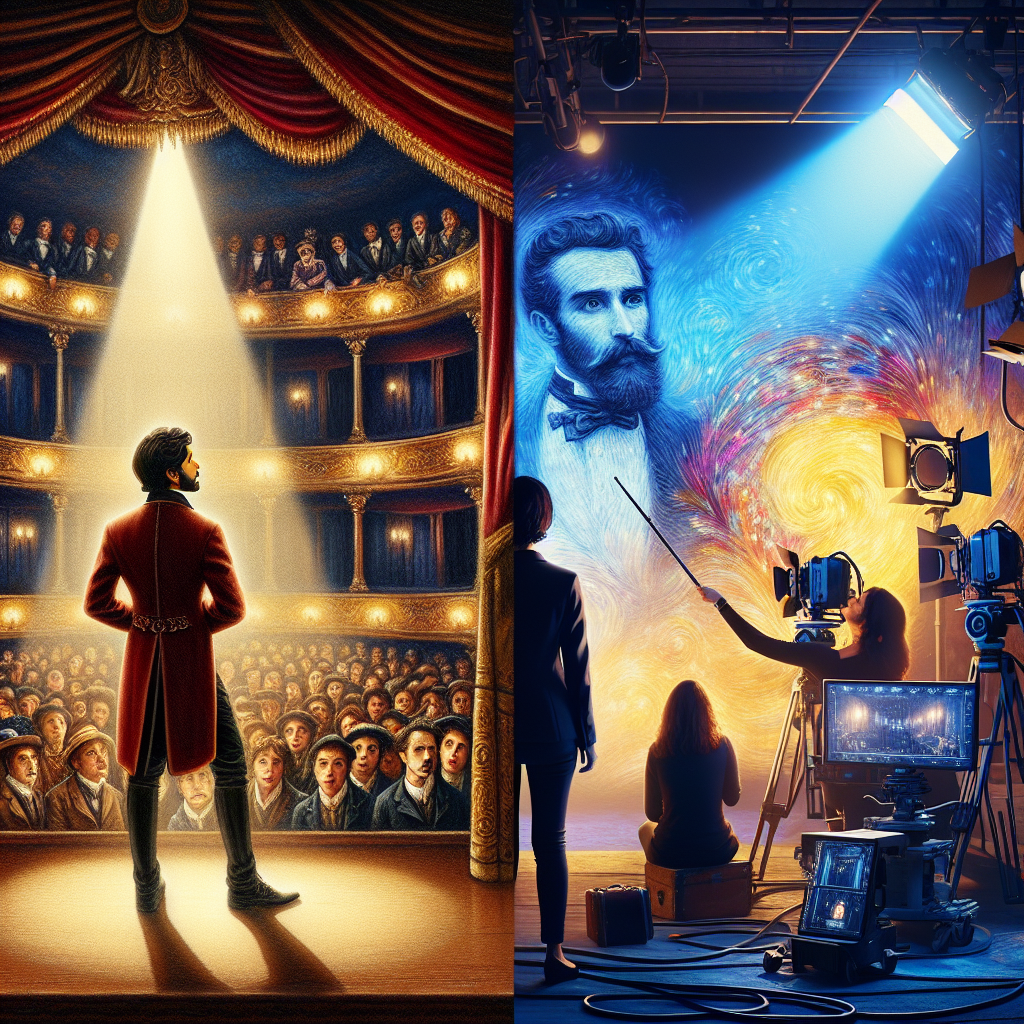
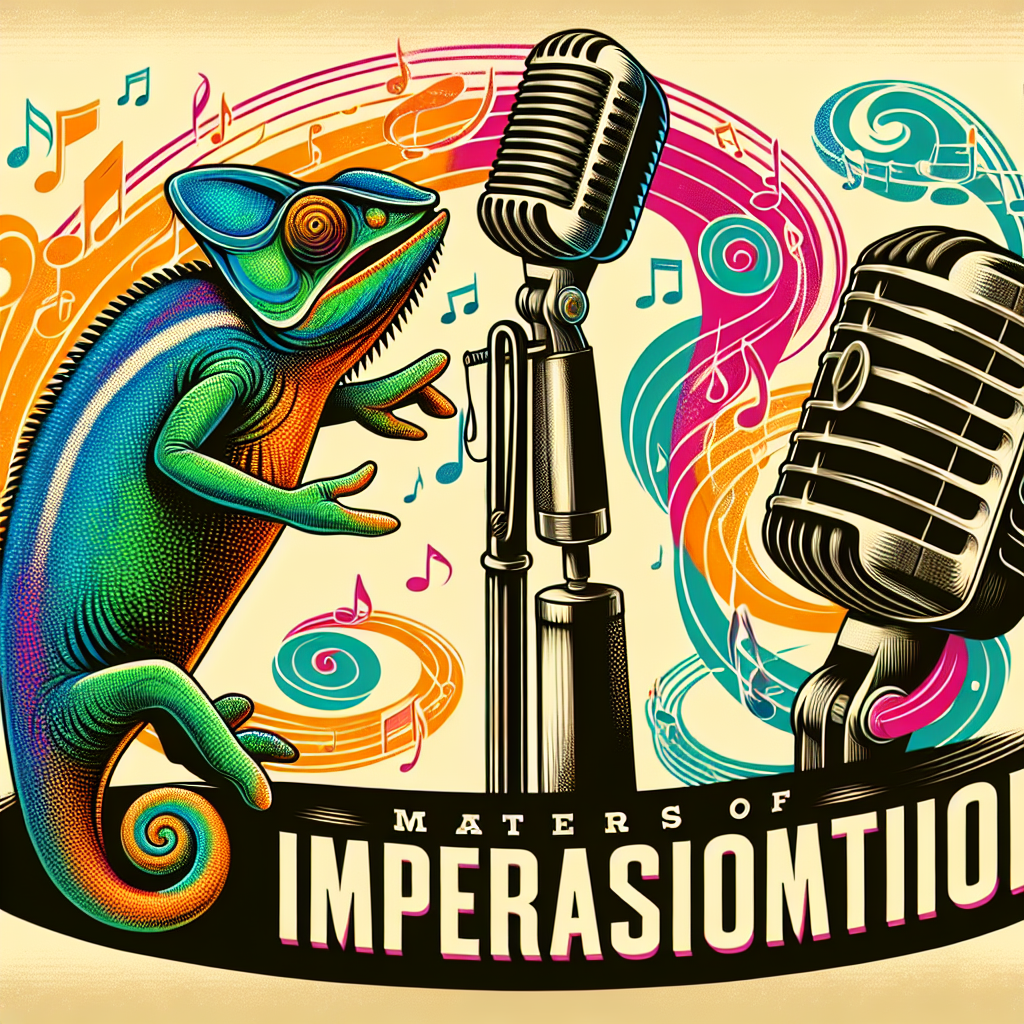



Comments are off for this post.